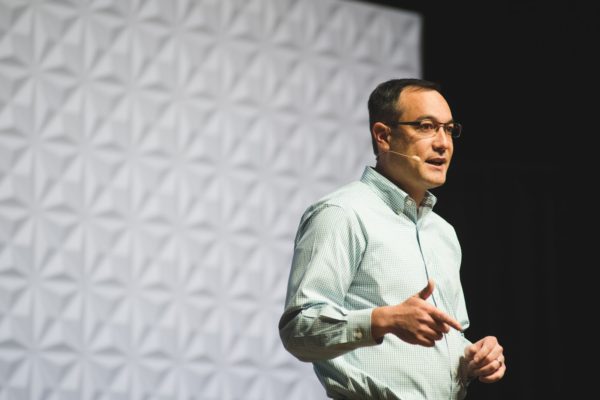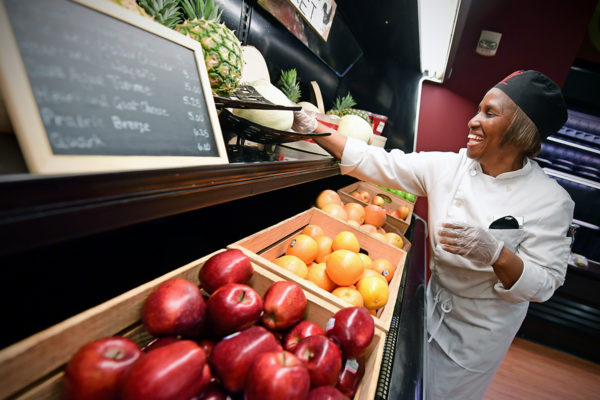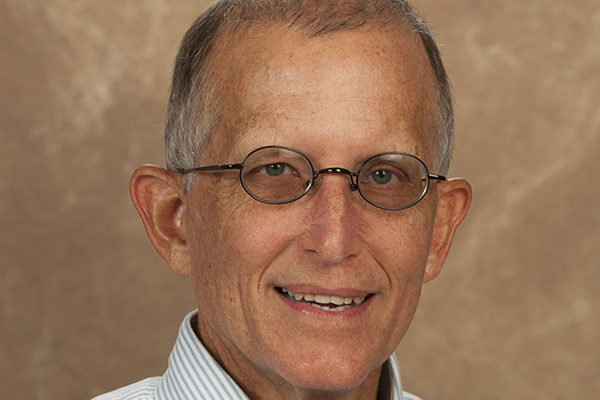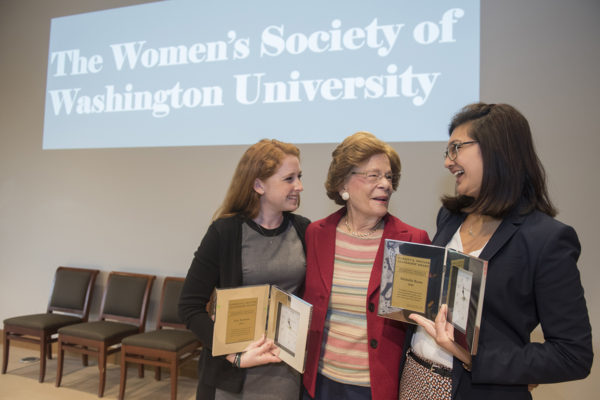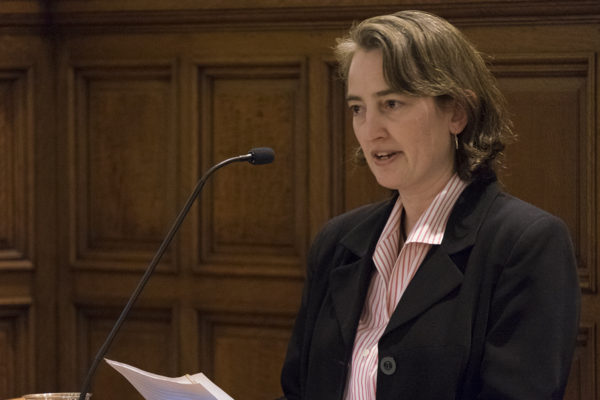Washington People: John Inazu
John Inazu, associate professor of law, discusses his research on the concept of “confident pluralism,” the idea we can and must live together peaceably in spite of deep differences over politics, religion, sexuality and other important matters.
Squeezing out mountains, mathematically, on Jupiter’s moon Io
The odd-looking mountains on Jupiter’s innermost moon, Io, are made by a tectonic process unique to Io (and maybe the early Earth), suggests a numerical experiment by two scientists, including Washington University’s Bill McKinnon.
New scholarship helps contract employees earn a college degree
The Washington University Contract Employee Scholarship provides free University College tuition, on a first-come, first-serve basis, to the 700 contract employees who work full-time at the university. Students may use the scholarship to earn an undergraduate degree or simply explore a new topic.
Cause and effect, or effect and cause?
A lab at Washington University in St. Louis is one of the first in the world to look at spontaneous emission with an instrument sensitive to the wave rather than the particle nature of light. Because the light is entangled with the atom that emitted it, this kind of detection may provide a way to control the quantum state of the atom.
Classics’ Moore gives talk on Greek tragedy, Ferguson
Timothy Moore, John and Penelope Biggs Distinguished Professor of Classics and chair of the Department of Classics in Arts & Sciences, recently delivered a lecture titled “Greek Tragedy after Ferguson” at Butler University in Indianapolis.
Women’s Society presents 2016 awards, scholarships
Leaders of the Women’s Society of Washington University announced the winners of the Harriet K. Switzer Leadership Award and the Elizabeth Gray Danforth Scholarship during the group’s annual membership meeting April 19.
Classics’ Keane gives presentations on satire, intertextuality
Catherine Keane, associate professor and director of graduate studies of classics in Arts & Sciences, recently presented a discussion, “The Frank, the Friendly, and the Fictional: Speech in the Fragments of Lucilius’ Satires” at Williams College in Massachusetts.
Graduate student McDonald finalist in primatology competition
Monica McDonald, a graduate student in the Department of Anthropology in Arts & Sciences, is a finalist in a 2016 student competition sponsored by the International Primatological Society and the American Society of Primatologists.
Pre-med students gain an international perspective
When pre-med students head to China to attend classes at Fudan University and shadow doctors at different medical clinics, they gain a new perspective on medicine.
Anthropology students land digital publishing fellowships
Kosi Onyeneho and Natalia Guzman Solano, both graduate students in the Department of Anthropology in Arts & Sciences, have been selected as digital editorial
fellows for the Political and Legal Anthropology Review.
View More Stories
